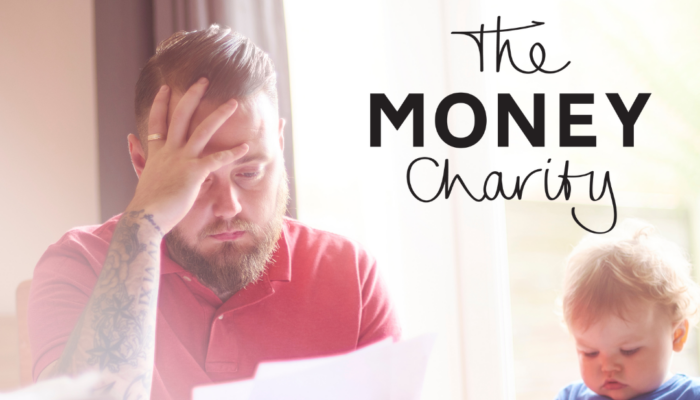UK families are bearing some of the heaviest brunt of the ongoing cost of living crisis, with many resorting to drastic measures, according to the October 2023 Money Statistics, produced by The Money Charity.
Households with children in the UK are reporting that they are being more heavily impacted by the rising cost of living. In London, 25% of working parents say they’ve had to skip meals, or not buy food for themselves, in order for their children to eat. The same research suggests that 11% of London’s working families have less than £3 a day to spend on food. Meanwhile, one in seven (15%) families surveyed has missed an essential payment such as a housing bill, loan or credit card payment in the month to September 2023. This comes at a time when parents may have struggled to afford new school year costs such as uniforms, stationery and other education essentials. The same figure for those with no children is 5%.
This could be due to the increasing cost of raising children, with available government support limited, which is estimated at a total of £160,692 from birth to their 18th birthday, £24.44 a day, an increase of 12.6% since the study began in 2012. The equivalent cost for a lone parent is £193,801, £29.50 a day, a 25% increase for the same period. It estimates that 22% of couple’s basic costs are covered by child benefit, or 16% for lone-parents. The two-child benefit cap is a factor here, with an estimated 1 in 10 UK children (1.5 million) affected by the limit, which it is suggested ‘loses’ affected families £50 per week on average.
All of this inevitably impacts families’ Financial Resilience, with 39% of UK households in 2021-22 having either no savings or less than £1,500. For lone-parent households, this figure is 79%. Furthermore, those on low incomes are already proven to be paying more for essential goods and services, with the typical ‘poverty premium’ estimated at around £4.5 million a year per parliamentary constituency, equating to over £430 per year for a low-income household.
Michelle Highman, Chief Executive of The Money Charity says:
“This month’s statistics make for some very sober reading. While focus is so often given to inflation figures in their headline moment, much less attention is usually available for the truest demonstration of its deep impacts, which are typically seen further down the line. With so many people of all ages even struggling to cover the costs of just their essentials, it’s a difficult scene to face up to and a major challenge in our mission to see the UK increase its Financial Wellbeing.
“For that vision to continue progressing, we believe we need to see more; more healthy and sustained economic growth, more effective and targeted assistance to those who most need it, plus more improvements in the financial landscape, focused on improving outcomes for and treatment of UK consumers. But individuals and groups can effect their own change too, whether it’s trying to budget for the first time, starting a savings habit, or just booking one of our Financial Education or Financial Wellbeing sessions. Every step taken truly does make a difference.”
Other Striking Numbers from the October Money Statistics:
- 1/3 of households living in fuel poverty are ineligible for government cost of living support. (P4.1.)
- Borrowers paid £184 million a day in interest in August 2023. (P5.)
- 13% of UK adults are going without electricity or gas at least monthly. (P4.1.)
Get the full picture and many more fascinating facts about money in the UK in our monthly Money Statistics.
Notes to Editors
- For over 25 years, The Money Charity has been the UK’s Financial Capability charity. We proactively provide education, information, advice and guidance to people of all ages, to reach our vision of seeing everyone achieving Financial Wellbeing by managing their money well. We empower people across the UK to develop the skills, knowledge, attitudes and behaviours to make the most of their money throughout their lives. Find out more at http://themoneycharity.org.uk/
- All statistics are from the latest available data at the time of writing/release.
- You may use any of the statistics quoted in this release, or within The Money Statistics, as long as:
- You don’t make any commercial or financial gain from their use;
- You clearly acknowledge The Money Charity as the providers of the information and point your audience towards signing up themselves for the monthly report; and
- You do not make substantive adjustments to the presentation of the statistics, such as amending the statistic phrasing, or for example, repurposing the statistics into a format they are not appropriate for, such as an editorial/’opinion piece’ from the charity.
- If you’d like The Money Statistics emailed to you every month as soon as they’re published, please sign up at: http://themoneycharity.org.uk/money-statistics/
- If you’ve any questions, comments, or want any information about the source of these statistics, please contact us through hello@themoneycharity.org.uk
- Any media or press enquiries should be directed to our Communications & Marketing Manager, James Yelland, on james@themoneycharity.org.uk
